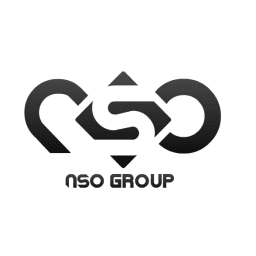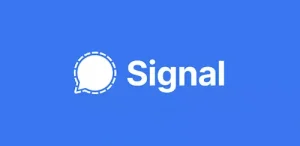The UK Guardian newspaper says Kyiv has been asking for Pegasus since 2019, & reveals that Israeli firm also pulled out of deal to supply phone-hacking technology to Estonia for the same reason.
For several years, Ukraine has unsuccessfully lobbied Israel to license the controversial Pegasus spyware for use against Russia, The Guardian reported Wed.
Angering Russia
Israel has rejected the requests, which have been made since at least 2019, due to worries about angering Russia, the paper reported, quoting people with direct knowledge.
The Pegasus technology belongs to the NSO Group, which was recently blacklisted by the Biden administration after successive media reports exposed that authoritarian regimes were using its technology to target dissidents, journalists, human rights activists & even several US State Depart. officials.
Pegasus is a powerful tool that allows its operator to infiltrate a target’s phone & sweep up its contents, including messages, contacts & location history.
Confused
A senior Ukrainian intelligence official told The Guardian that Israel’s decision left Kyiv “confused,” adding that the US Govt. supported the Ukrainian request.
The New York Times, which also reported on this, quoted another senior Ukrainian official who said his Govt. was disappointed in Israel, arguing that the technology could have been used to monitor Russia’s military progress in the months leading up to the invasion, & provide Kyiv with a clearer understanding of what was coming.
Sources told The Guardian that Israel feared licensing NSO Group to sell Pegasus to Ukraine would be seen as an act of aggression against Russian intelligence services.
Estonia
These concerns are what caused NSO to withdraw from an agreement to sell Pegasus to Estonia, another Russian neighbour wary of the Kremlin. NSO had entered a deal with Tallinn giving access to the spyware in 2019 only to renege several months later, The Guardian revealed.
The New York Times stated the Estonian Govt. had even made a $30m deposit to gain access to the spyware.
The most recently reported request for the spyware came in Aug., outlined The Times, which Israel rejected as Russian troops were massing on Ukraine’s border.
Alleged Clients
Responding to the report, NSO Group told The Guardian it “continues to be subjected to inaccurate media reports regarding alleged clients, which are based on hearsay, political innuendo & untruths.”
“The state of Israel regulates marketing & export of cyber products in accordance with the 2007 Defence Export Control Act,” the firm added.
Israel’s Defence Ministry told The Times, “policy decisions regarding export controls consider security & strategic considerations, which include adherence to international arrangements.
Governmental Entities
As a matter of policy, the State of Israel approves the export of cyber products exclusively to governmental entities, for lawful use, & only for the purpose of preventing & investigating crime & counterterrorism, under end-use/end-user declarations provided by the acquiring govt.”
Israel has been walking a difficult ‘tightrope’ since the Russian invasion of Ukraine, offering some support to Kyiv without angering Russia, which maintains a substantial military presence in Syria, across Israel’s northern border & effectively controls Syrian airspace.
Iranian Supplied
This is important to Israel because of regular Israeli airstrikes against Iranian supplied advanced weaponry & missiles being brought into Syria, which require ‘tacit’ Russian AF deconfliction. Israel has also been trying to mediate between the 2 sides.
Ukraine’s Vice Prime Minister Mykhailo Fedorov told The Guardian:
“The Govt. of Israel is at this time not participating in any discussion or facilitation regarding offensive tech, but we have ongoing conversations with a lot of the Israeli companies in the market & they are at various stages.
But again, let me say this: we have enough capability to continue winning & we are adding new tools, including emerging tools, every day.”









